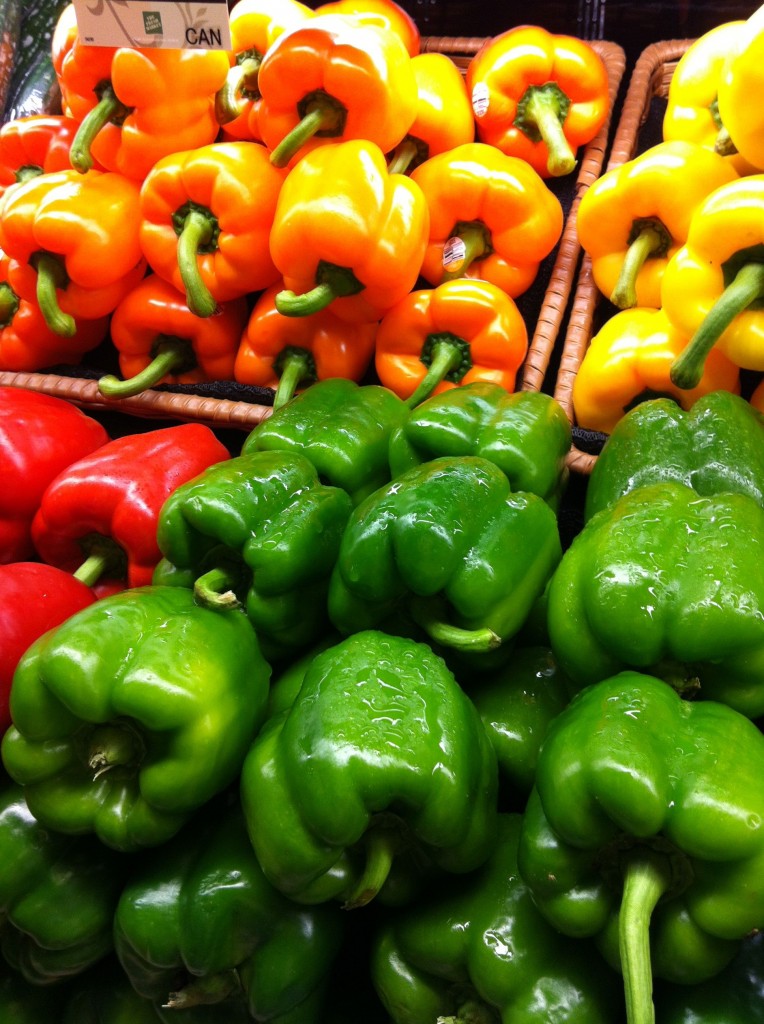Nothing ages me faster than calling my niece “Dr. Whetstine.”

Professor Jena Whetstine has her Ph.D. in chemistry. My collegiate career, on the other hand, did not include one hour of chemistry. Does psychology still count as a science?
Our family is exceedingly proud of this accomplished young woman, all her siblings, and cousins. She is, and they are, beautiful on the inside and out with the easy-going, never-met-a-stranger warmth and sense of humor my husband’s family exudes.
Jena picked this post because as a chemist she found it “very entertaining.” Humor wasn’t exactly what I was going for, but you never know with chemists.
Jena’s Reader’s Choice is:
What Organic Food Is and Is Not


Psychology cannot, by definition, “still” qualify as science, since it never was science. To measure and test a human mind with only a different human mind never gets the observer completely out of the control group. I hope that conveys, but there is no objective perspective. Differing perspectives, yes. But it MUST include some sort of circular logic, method or reasoning. And any claim can be made, and verified, if circular logic is accepted.
Sorry, so sorry, for those who have invested much of themselves in any “soft” science if they expected any hard facts to emerge.
Actually, science is not about getting truth, or facts, but merely generating more interesting questions.
As far as the article in question goes, when I read anything based upon government data, I must accept the government’s definitions in the material. These definitions bear little resemblance to reality in many instances, and worse, often conflict with each other. I have come to expect when reading such propaganda, one of two outcomes. The article will disprove itself, or it will completely succeed in saying nothing of any import.
cheers.
Well, all I know is my psychology courses counted as the science credits I needed to earn my degree in the written word. And statistics counted as math. Ah, the beauty of a liberal arts university…
Brrr…. I would take “real” math like trigonometry or something similar rather than stats. Two semesters of that in my Hungarian school (flanked by 3 semesters of advanced calculus for good measure) was more than enough. For us, psych is counted as the “lifelong health and wellness” credits, satisfied by psychology, child development, or a basic health and wellness class.
That’s a good idea to count psychology as lifelong health and wellness. I like that. As for math, I did take one college semester of “real” math. I couldn’t translate what the professor what talking about. It was like he was speaking a different language, so that was the end for me. Too bad as I enjoyed and excelled in math in high school. Especially geometry and trig. Calculus, not so much.
Hahaha I have never seen a living person who was good at or liked calculus! Maybe it just died with Gauss…
I was close to choosing this post, but I found Where is the Beef closer to me… I’m glad the organics found an adoptive guest poster, too!
And coming from a family of chemists/chemical engineers, I can testify… chemists have their own sense of humor. :) (And no, psychology is not accepted as a science in my school. You need to take something with a lab: chemistry, physics, biology, or geology).
Great. There goes my chance to be a scientist… :)